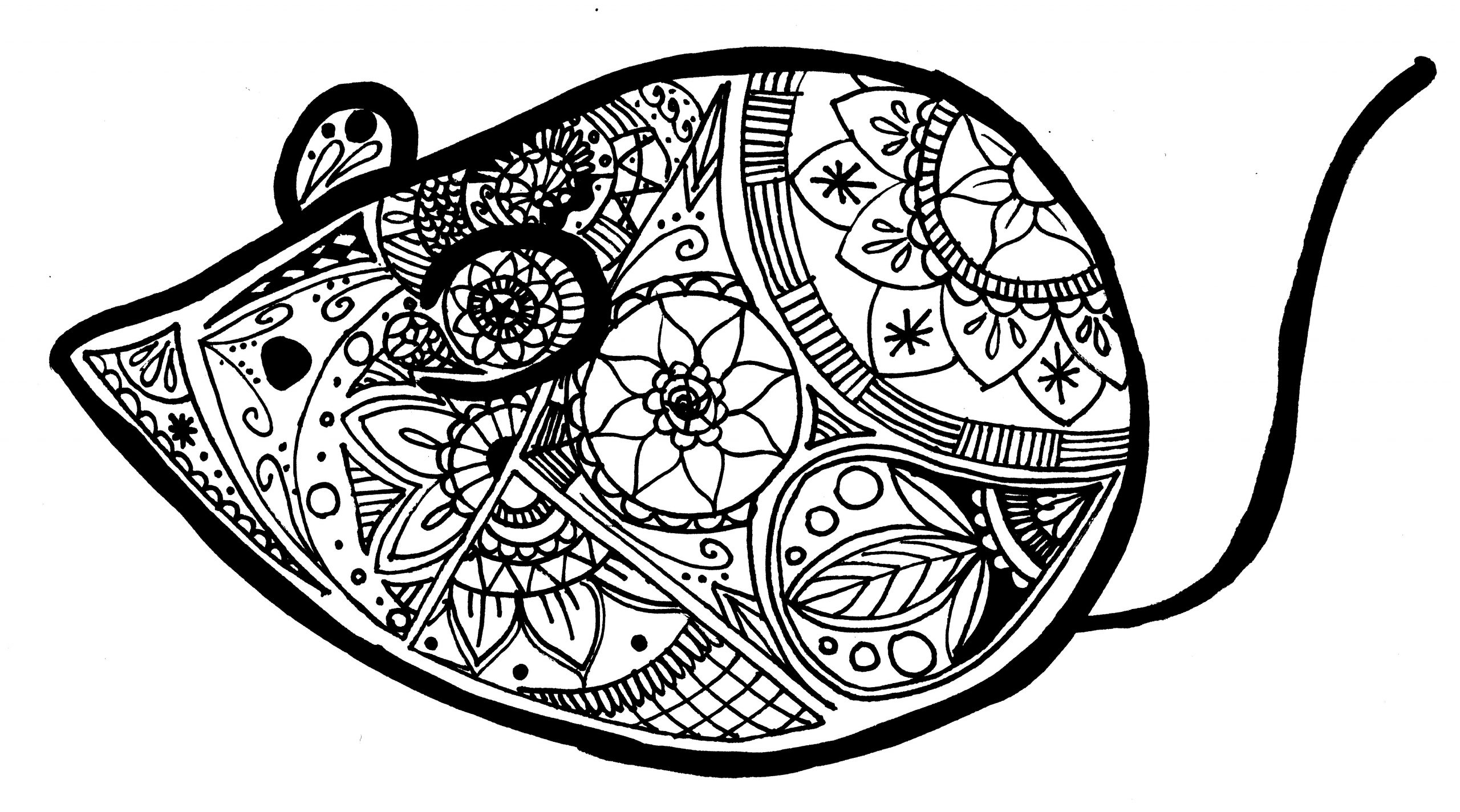This week’s reading and lecture showed how appliances, such as the microphone and the radio, played a significant role in forming the politics in Latin America. Politicians were able to reach larger audiences more efficiently and civilians were able to view political leaders as closer figures. Out of the four texts Dawson presents of Eva Perón’s renunciamiento, I will focus on Document 7.3, Evita’s speech including the interaction with the crowd.
The first point I noticed while reading the text is how often she uses the phrases, moral and spiritual. She also says “the Argentine nation is comprised of honorable men and
women”(Dawson. 232) and “Argentine people have a big heart” (Dawson. 232), referring to the personality traits of the nation in general. Eva goes out of her way to appeal to both the rational side and the emotional side of the listeners. Her repeated use of these two words clearly represents the populist stances of the Peróns. The next thing I would like to mention is the way Evita describes herself in her speech. She portrays herself as a weak, fragile, and humble Argentine woman who would sacrifice everything for her people, the descamisados. She uses the adjective “humble” to refer to her own character and actions 7 times throughout the text. Being a humble woman was probably an important factor to give a sense of closeness to the people instead of someone above the clouds. Her description of herself was a bit puzzling to me since the video clip of her in Professor Jon’s lecture seemed to suggest quite the opposite. Evita had a relatively low, clear, and strong voice which gave me the impression of a sturdy woman. She also attributes all her achievements, actions, and belongings to General Perón which establishes her reputation as a supportive, devoted wife as well as reaffirms her frail character. Lastly, and most importantly, the interactions between the crowd and Evita concerning the matter of her running as VP, represents the theme of this week, power to the people. The crowd of descamisados had the power to get their demands through in a way previous populations did not. This clearly shows how the power dynamic shifted in these regions.
discussion questions:
- Why do you think Evita used the adjective “humble” in particular to describe herself?
- Do you think Evita would have been able to refuse to run as VP if it were in a public setting instead of the radio?
- Do you think how a politician represented themselves through the media was more closely related to their popularity rather than the policies they stood for?
